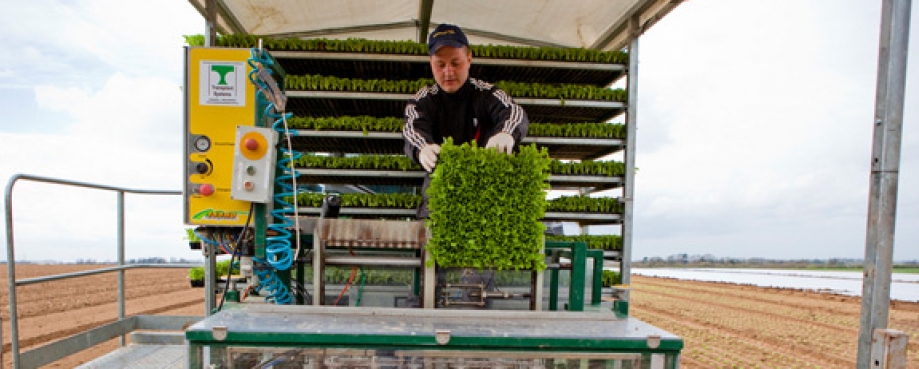
I have to say from the outset that I am partisan – I started my working life in the National Union of Agricultural and Allied Workers (now part of Unite), and was hooked. For me it’s about the fundamental injustice that those who feed the world often have the least resources to feed themselves.
The ongoing discussion about global food security has rightly brought a lot of focus on small farmers, but small farmers are only half the story. Almost 50 per cent of the agricultural workforce is employed workers. They can be seasonal, temporary, sub-contracted, but there’s an employer there somewhere. They make an enormous contribution to world food security but their working conditions are often below ETI Base Code requirements.
The ILO has long recognised that agricultural workers face specific challenges to exercise their basic human and trade union rights. Consequently, it developed a comprehensive range of standards to extend rights and protection to them – among them Convention 99 on wage fixing machinery in agriculture. The UK ratified this convention but denounced it in 1994, paving the way for the proposed abolition of the Agricultural Wages Board (AWB).
Unite the union has fought the abolition and has excellent material on its website dealing with why the AWB is needed when there is a national minimum wage, so I won’t go over that.
What concerns me is the “political” message behind the abolition. A 2008 ILO report states, “Strong economic, social and political power imbalances between employers and workers tend to be more prevalent in rural society than in urban areas and can undermine the fair and effective functioning of rural labour markets. Often employers own and control not only agricultural land, but also other assets needed by workers, such as housing”.
While the AWB is there, there’s a system to ensure agricultural workers can exercise their rights and to help address power imbalances between workers and employers.
Recent reports by the Joseph Rowntree Foundation and the Centre for Social Justice have highlighted the use of forced labour in UK agriculture. I believe abolishing the AWB will mean workers are more vulnerable to forced labour.
60 per cent of all child labour takes place in agriculture. The AWB – through the guidance on hourly pay rates, working time and overtime pay for workers of compulsory school age – makes clear both the entitlement due to and the work time limitations on young workers. The abolition of the AWB could make children more vulnerable to exploitation in agriculture.
On Tuesday 16 April the House of Commons will debate the proposal to abolish the AWB. So please do your bit – support the continuation of the AWB. The IUF calls for concerned businesses and individuals to send a message to Prime Minister David Cameron and to their MP today.
